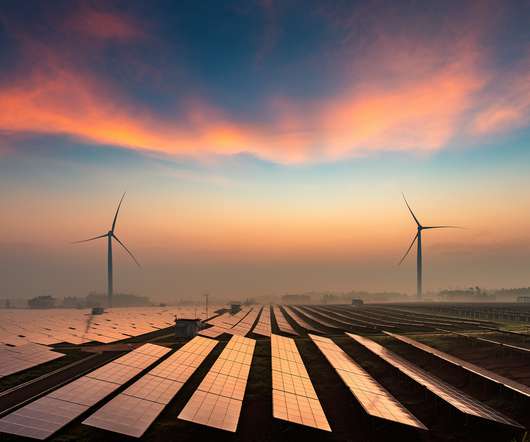International study identifies 14 key measures to reduce methane and black carbon emissions; reduction in projected global mean warming of ~0.5 °C by 2050
Green Car Congress
JANUARY 13, 2012
Circle areas are proportional to values for (A and B) climate change, (C and D) human health (values for population over age 30), and (E and F) agriculture. Methane is both a potent greenhouse gas and an important precursor to ground-level ozone. National benefits of the CH 4 plus BC measures versus the reference scenario.











Let's personalize your content